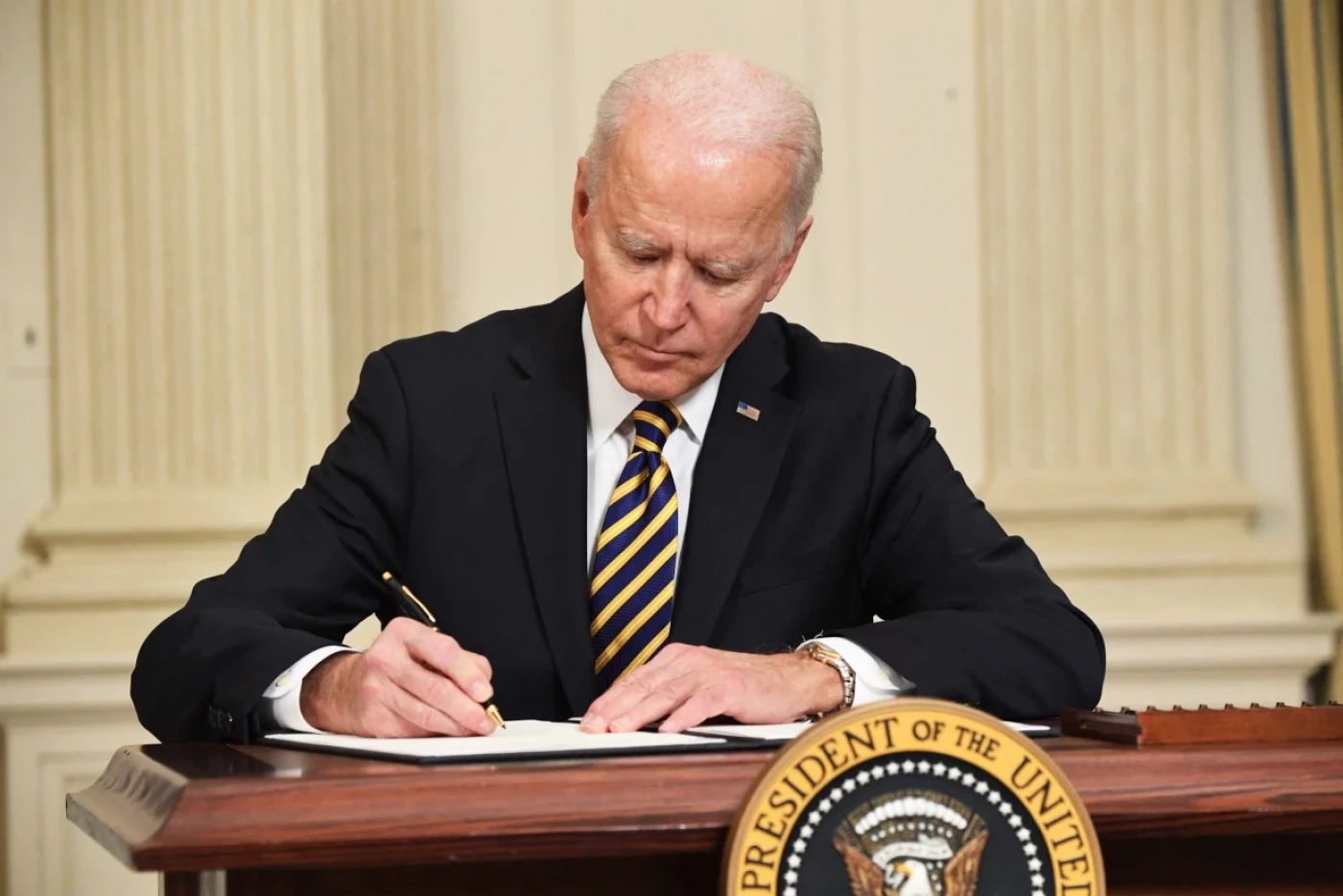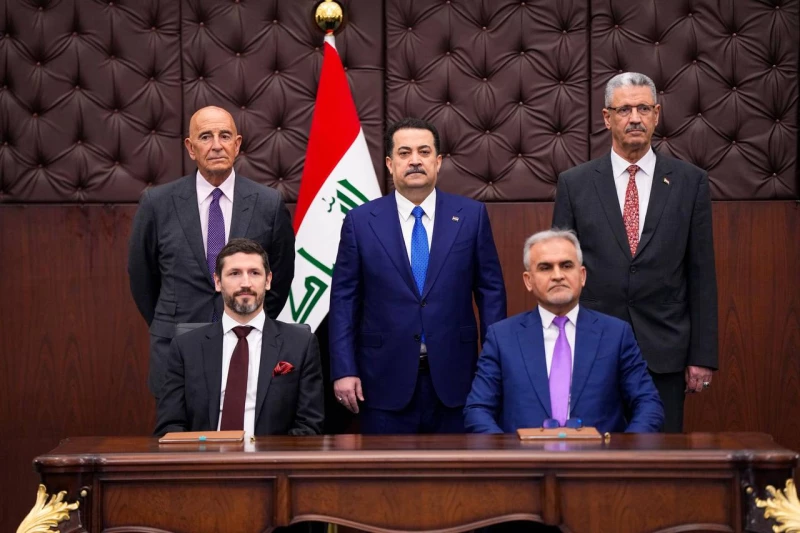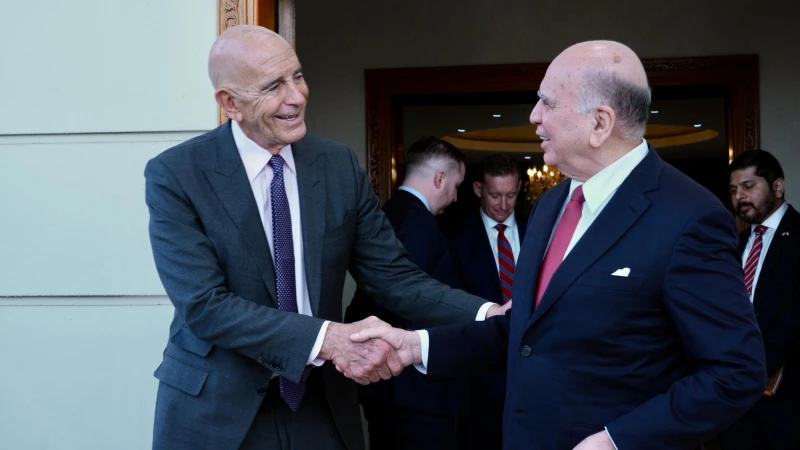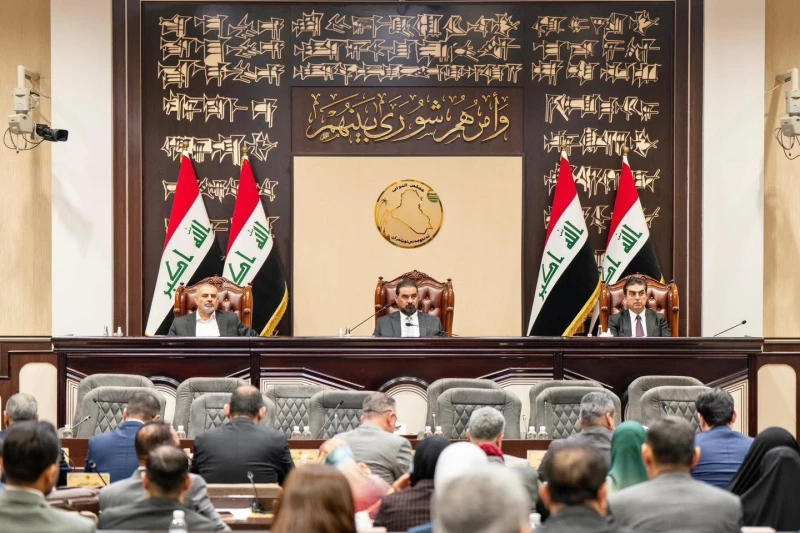US President Joe Biden on Monday announced the extension of the national emergency concerning the stabilization of Iraq, originally declared in 2003, citing persistent threat to US national security.
This extension, published in the Federal Register, continues the state of emergency beyond its anniversary date of May 22, 2024, citing ongoing threats to US national security and foreign policy.
Under Section 202(d) of the National Emergencies Act, a national emergency automatically terminates unless the President publishes a notice of its continuation within 90 days prior to the anniversary date of its declaration.
Biden's decision to extend the emergency was accompanied by a letter sent to Congress, emphasizing the necessity of this action due to persistent obstacles to Iraq's reconstruction, peace, security, and institutional development.
“The obstacles to the orderly reconstruction of Iraq, the restoration and maintenance of peace and security in the country, and the development of political, administrative, and economic institutions continue to pose an unusual and extraordinary threat to the national security and foreign policy of the United States,” Biden stated in his notice.
“Therefore, I have determined that it is necessary to continue the national emergency declared in Executive Order 13303 with respect to the stabilization of Iraq,” he added.
“Obstacles to the orderly reconstruction of #Iraq, the restoration and maintenance of peace and security in the country, and the development of political, administrative, and economic institutions in Iraq continue to pose an unusual and extraordinary threat to the national… pic.twitter.com/1fWmy6S2uR
— The New Region (@thenewregion) May 21, 2024
The national emergency concerning Iraq was first declared by President George W. Bush on May 22, 2003, through Executive Order 13303. This declaration responded to the complex and volatile situation in Iraq following the US-led invasion that toppled Saddam Hussein's regime.
Since then, the scope of the emergency has been modified and expanded by several subsequent executive orders, including Executive Orders 13290, 13315, 13350, 13364, 13438, and 13668, addressing various aspects of the stabilization efforts.
In January, Iraqi Prime Minister Mohammed Shia' al-Sudani, speaking at the World Economic Forum in Davos, called for the withdrawal of the US-led Global Coalition against Islamic State (ISIS) to ensure Iraq's stability and security.
He emphasized forming a timeline for the Coalition's exit while moving towards bilateral relations.
Following American retaliatory strikes on Iran-backed armed groups in the country, the Iraqi government condemned the attacks as violations of Iraq's sovereignty.
Sudani stated that ISIS no longer threatens Iraq, suggesting the Coalition's presence is unnecessary.



 Facebook
Facebook
 LinkedIn
LinkedIn
 Telegram
Telegram
 X
X


